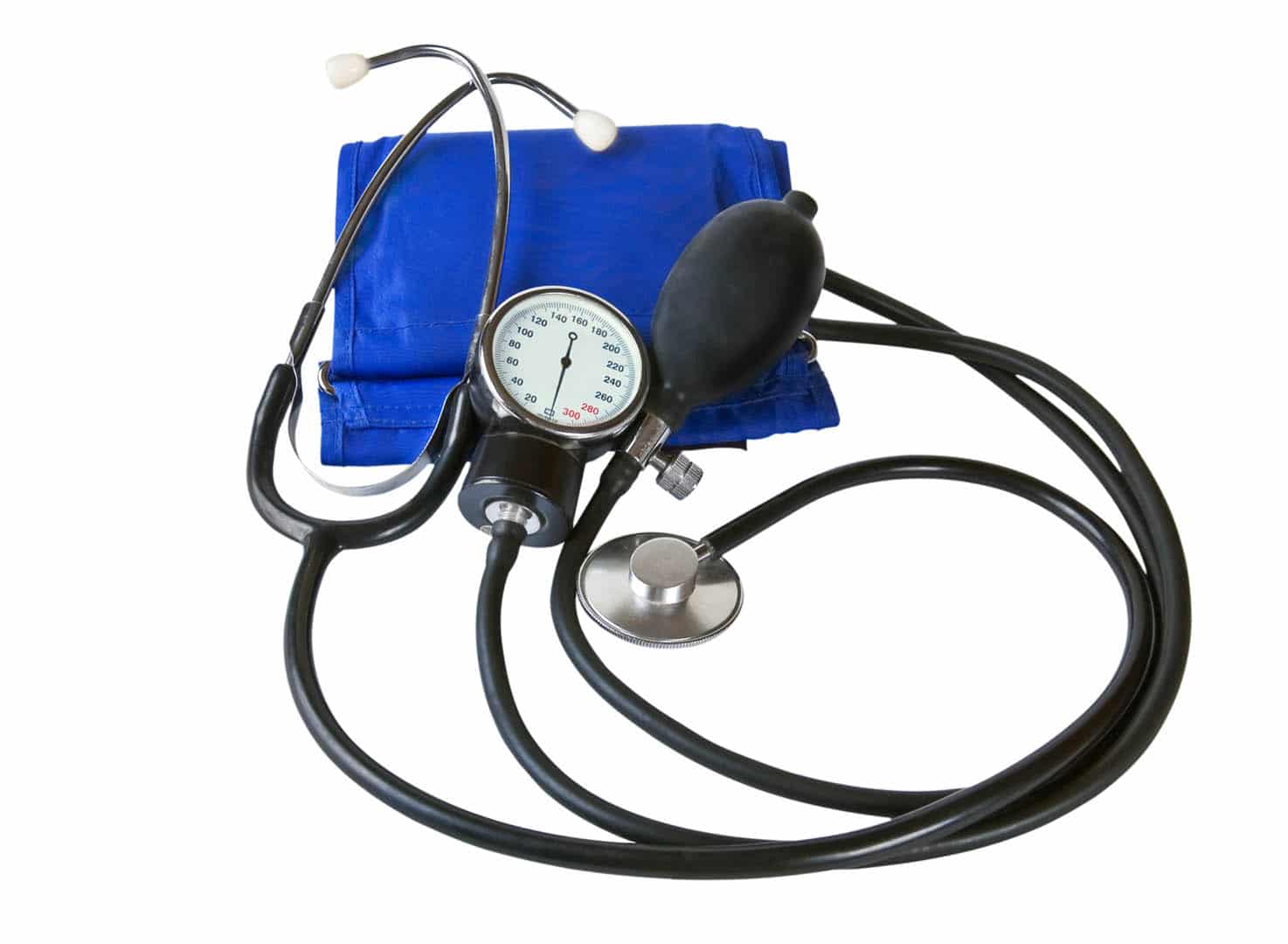Private Blood Pressure Check
High blood pressure is the leading cause of stroke and the second leading cause of heart attacks. On the other hand, low blood pressure can cause symptoms such as fatigue and dizziness. Hypertension has the potential to damage arteries and organs such as the kidneys if left untreated. Therefore, undergoing an examination and controlling your blood pressure to within the optimal range is a key component of maintaining your long-term health.
General Introduction
High blood pressure affects the body at a ratio of one in three adults in the UK and has been recognised by the World Health Organization as the leading risk factor for death worldwide. There is also very good evidence that treating high blood pressure results in a greater sense of well-being, with symptoms of high blood pressure, such as fatigue and headache, often being under-recognised.
Dr Jordan has developed expertise in blood pressure by virtue of completing a Doctorate in the causes and treatment of resistant high blood pressure as the Gawthorn Research Fellow at the University of Exeter. He has published widely within the field, is an active member of the British and Irish Hypertension Society (including being a member of the Guidelines and Information Working Party) and maintains a research interest as a study Principal Investigator. Within the NHS, he runs a BIHS-recognised hypertension subspecialty clinic and regularly also sees individuals with difficult-to-treat high blood pressure as private patients. As high blood pressure can also complicate pregnancy, Dr Jordan often needs to combine his expertise in high blood pressure and heart disease in pregnancy in order to treat affected individuals.
Blood Pressure Test
There are many different types of blood pressure tests. Firstly, blood pressure checks by your GP (or other healthcare professional) are term office blood pressure and are regularly offered to adults over 40 years old in order to screen for high blood pressure.
However, it is your home blood pressure or an ambulatory blood pressure monitor which is a greater indicator of your true blood pressure value and more closely linked to your long-term health. 24-hour ambulatory blood pressure monitors also provide additional analytics, such as nocturnal blood pressure, which can help with further investigations and treatment options.
Central blood pressure (near your heart) is the greatest indicator of your true blood pressure. Knowing that blood pressure readings in the wrist or finger are affected by the reflection of pressure waves and dissipation of energy, Dr Jordan always advises that a reading be taken using a monitor on your arm (or leg), rather than your wrist or finger.
Both the top number (systolic) and bottom number (diastolic) are important in maintaining your heart health. If you have low blood pressure, either a low systolic reading or low diastolic reading can result in troublesome symptoms and need consideration when adjusting your treatment.
Who Needs a Blood Pressure Testing?
Given the importance of blood pressure in determining the health of your heart, everyone should consider intermittent checks of their blood pressure. If your readings at home are regularly high, you have symptoms suggestive of high or low blood pressure, risk factors for raised blood pressure (such as smoking or increased weight) or have a family history of raised blood pressure, it would be advisable to seek a blood pressure test from an expert.
If you are self-paying for a private appointment, you do not need a referral from your GP. You may also not require a referral from your GP for some private medical insurance providers (depending on your policy).
Preparing for your bp check
No specific preparation is required for your BP test, other than to bring a list of the medications and supplements you presently take and details of the care you have previously received by your GP or other blood pressure expert in the past, if applicable. You may also wish to bring any measurements from your own home blood pressure monitoring if you have these.
Results and Treatment
Your results will be available shortly after your test if you undergo a 24-hour ambulatory blood pressure test. For all other blood pressure analytics available during a consultation, the results will be available immediately, with treatment options then discussed with you during your consultation, to determine the best treatment plan for you as an individual.
Why Choose a Private Blood Pressure Test?
By choosing to undergo your blood pressure testing privately, you know that you will be treated by Dr Jordan himself, a recognised expert in blood pressure. You will also not be subjected to waiting lists for the blood pressure test itself, or the analytics and treatment planning process afterwards.
Frequently Asked Questions
Do cardiologists treat high BP?
High blood pressure falls within the remit of cardiologists, though can also be treated by General Practitioners, General Physicians and Endocrinologists (hormone specialists).
What is the test for blood pressure?
Blood pressure can be measured at home, within the context of a medical consultation or using a 24-hour ambulatory device.
How often should blood pressure be checked?
Once your blood pressure is stable, Dr Jordan recommends checking this at home every 2-4 weeks. If your treatment is being modified, more frequent monitoring may be required.
What to do before a blood pressure check?
No specific preparation is required before a blood pressure check, though you should be mindful that caffeinated drinks can affect your readings.
How long does blood pressure check take?
Checking a single office blood pressure only takes 5 minutes.
What is the best time for a blood pressure check?
You should check your blood pressure at different times of day during a period of monitoring, to ensure that your readings are consistent during waking hours.
Where to get your blood pressure checked
At Poole Cardiologist, you can get your blood pressure checked in conjunction with a range of other professionally conducted tests, to ensure you get a complete evaluation, and personalised advice, based on your current health, and advice that might range from weight loss to specific vitamin supplements to improve issues with hypertension.
DORSET SELF-FUNDING CONSULTATION TARIFFS
Initial appointment: £220 | Follow-up appointment: £150
Or Contact Dr Jordan’s PA directly: 01202 096996


